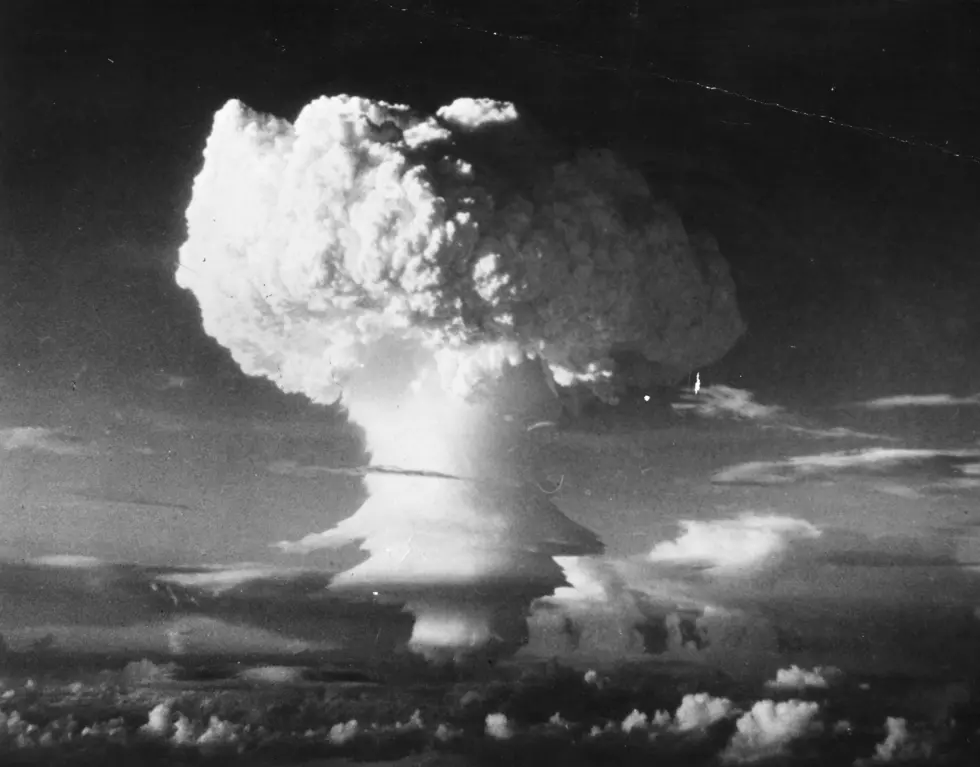
In The Year Of Our Lord 2019, Why Does The EAS Voice Sound So Ancient?
It doesn't make any sense, does it?
Every other situation where a computer generated voice is used in modern times, you can clearly understand what is being said. You know, stuff that doesn't matter like Siri, Alexa, etc. But the Emergency Alert System, aimed to inform the general public of the most dire of potential situations on television and radio, still sounds as sophisticated as the computer in the 1983 movie WarGames or the voice of the late Stephen Hawking called 'Perfect Paul'.
Recently, a national test of the EAS was sent out to radio and television stations across the country. According to an article by Inside Radio, many broadcasters reported that the sound quality was less than ideal. In fact, some of the responses to it were hilarious.
“But for real, that EAS test sounded like total ass.” - North Dakota broadcast engineer Jake Bechtold
“Not sure why in 2019 we can’t have better quality audio for something seemingly as important as the EAS. Neil Armstrong’s voice from Apollo 11 on the moon had better fidelity than today’s test,” - Tony Krabill, an Operations Manager for a radio station in Elkhart, Indiana
The EAS alert didn't necessarily sound bad on all the frequencies it was broadcast on. According to the same article, audio quality may have had to do with weather conditions, especially on AM radio stations, which are susceptible to several forms of interference.
Here is what Inside Radio reports as the main cause for the bad quality in alerts:
This fifth-ever national EAS activation was deigned to put the daily chain system for distributing messages during a national emergency to the test. Rather than using the internet-based Integrated Public Alert and Warning System (IPAWS) and the better audio that it provides, stations only received their alerts from messages originated at the five dozen Primary Entry Point or “PEP” stations. Those messages were then relayed to local primary stations that other stations monitor in a specific city or geographic region. So while less than ideal audio may be a complaint, the reality is the test was designed to make sure the infrastructure was reliable—and in that regard, if anecdotal reports are reliable, it seems to have proven dependability during a national crisis.
A Reddit user also shared some thoughts on it in a thread a few years back:
I researched this a few years back and got a few 'good theories' though no definitive answer that I could find straight from the source. Also important to note is that different places will have different reasons. In order of likelihood, from most to least likely:
It's just ancient equipment from when the emergency broadcast system was put into place. They never upgraded, so it sounds worse compared to modern gear.
For compatibility reasons, the old system is analogue/low bandwidth. This makes the signal compatible with more systems, which is important when communicating to a high percentage of the population is the main goal.
The message was done in a hurry, and people didn't change from default broadcast settings.
That "clears" it up...


